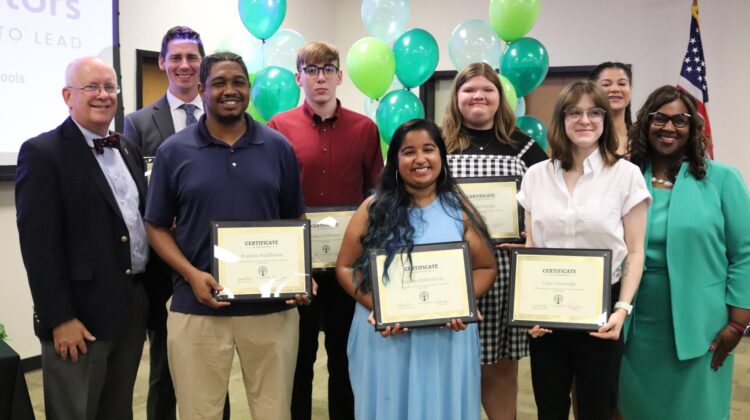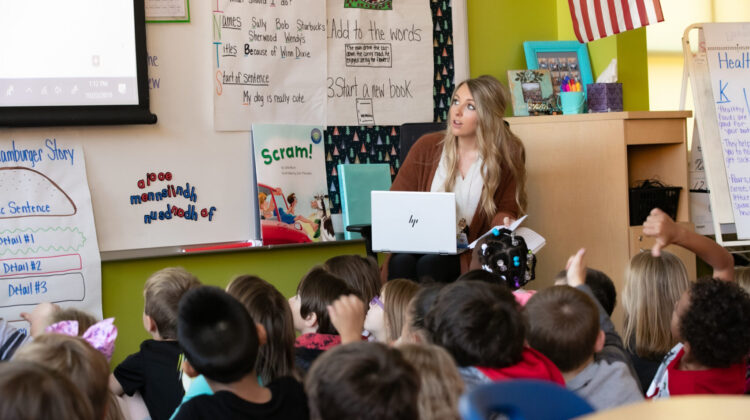The Future Educators Program is underway as seven students join the first class.
Each student will complete an education program at Missouri State University. Upon graduation, they will begin their teaching career in Springfield Public Schools.
The Future Educators Program helps students from underrepresented and under-resourced backgrounds become educators.
Students in the program will receive financial aid, mentor support and additional teacher training.
Cass Cavanaugh, future educator, said, “I chose to become a teacher because teaching is what I love most, and I can’t wait to see the next generation grow and change the world.”
About the Future Educators Program
Meet the students
Anusha Chakraborty
Chakraborty is an elementary education major and expects to graduate in May 2024.
She graduated from Kickapoo High School and was an A+ tutor. She competed on the debate team and was in orchestra and on the girl’s tennis team.
Drew Irwin
Irwin is studying elementary education and expects to graduate in December 2023.
He is a post-baccalaureate student with a background in theater. He currently substitutes for Springfield Public Schools.
Joshua Tofflemire
Tofflemire is studying elementary education and is an incoming first-year student.
He graduated from Kickapoo High School and participated in marching and concert band.
Brandon Huddleston
Huddleston is studying elementary or middle school education and is a post-baccalaureate student.
He graduated with a bachelor’s in electronic arts from MSU. He volunteered as a teacher for the Black History Summer Academy. He is currently a paraprofessional for Springfield Public Schools.
Cass Cavanaugh
Cavanaugh is studying elementary education and expects to graduate in May 2024.
They are the president of Bears Teach Elementary and are in the accelerated master’s program at Missouri State.
Samantha Johnson
Johnson is studying early childhood education and expects to graduate in May 2023.
She is a pre-school teacher and was formerly a pre-medical student.
Maddison Songer
Songer is studying elementary education and expects to graduate in May 2024.
She recently served as a mentor for the Bears Teach summer program.
Join the Future Educators Program
Students may apply to join the next class of the Future Educators Program in spring of 2023.
Current high school seniors and Missouri State sophomores and juniors who are education majors may be eligible.
For more information, contact Dr. Chloe Bolyard, assistant professor of elementary education at Missouri State University.



